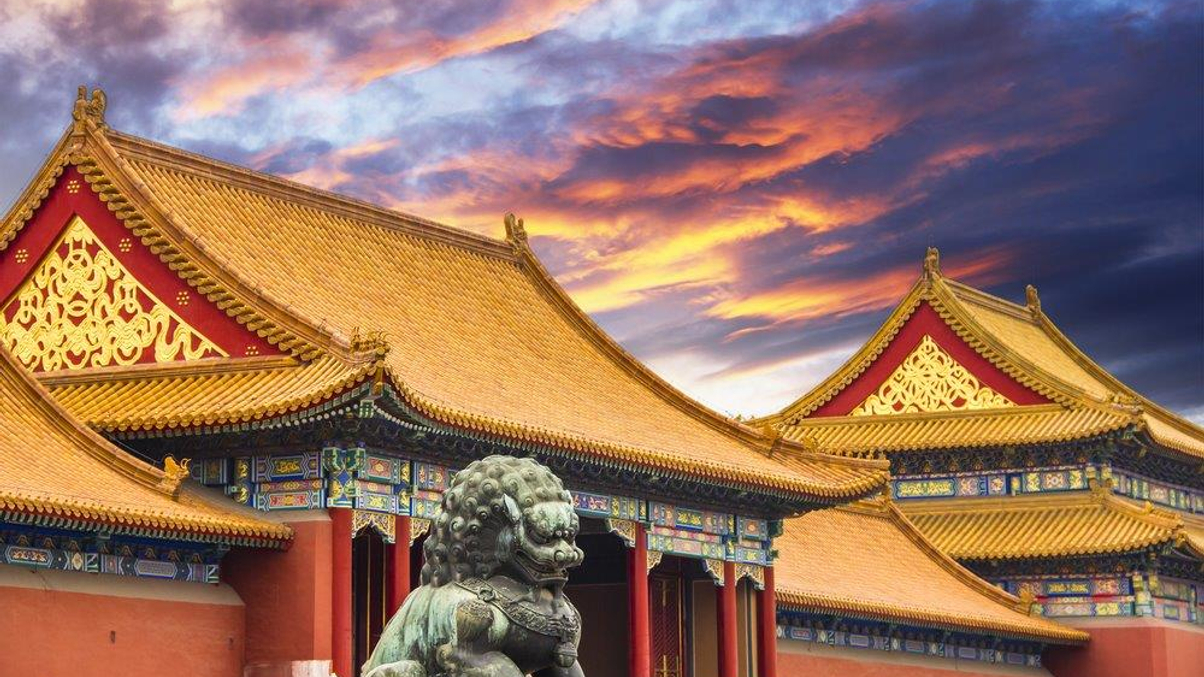Pension reform not discussed at China's Third Plenum
Few were surprised by the Communist Party’s Third Plenary session in Beijing. But economists say some of the wording suggests reforms are not far off.

China’s Communist Party concluded its four-day close door plenary meeting earlier this week. Topics included deepening economic reforms to ensure the market plays a more “decisive” role in allocating resources, changes in judiciary systems and country-wide implementation of free-trade zones.
Sign in to read on!
Registered users get 2 free articles in 30 days.
Subscribers have full unlimited access to AsianInvestor
Not signed up? New users get 2 free articles per month, plus a 7-day unlimited free trial.
¬ Haymarket Media Limited. All rights reserved.


